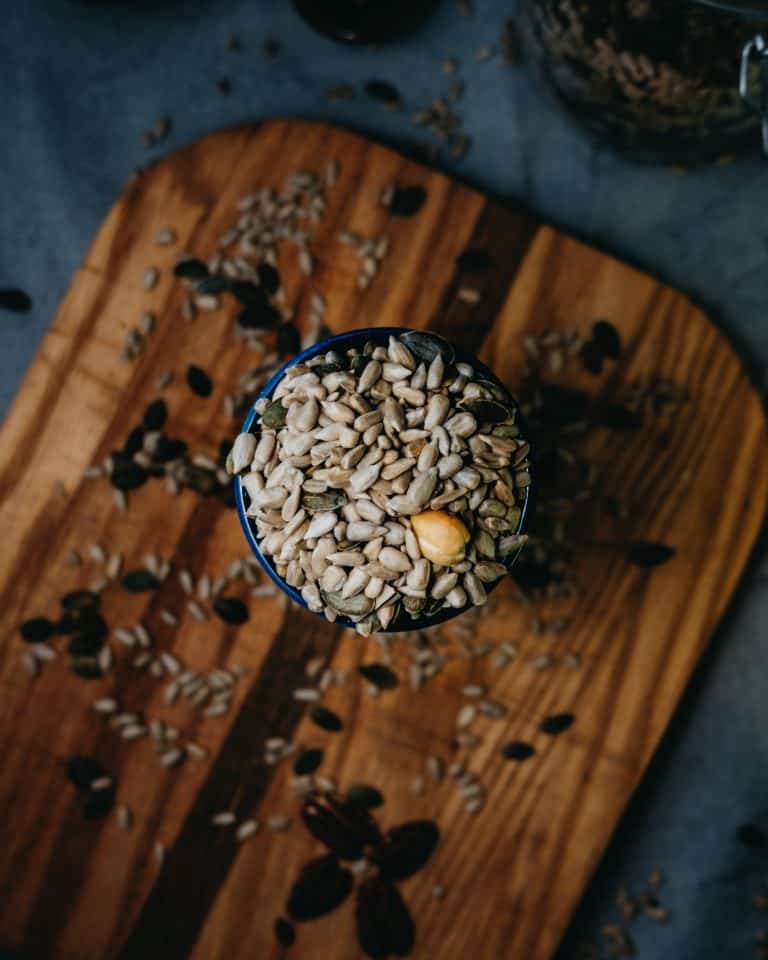The metabolism is like the engine of your body. It processes all the nutrients and provides your organs with necessary energy. You fuel it with food. The metabolism is affected by many things, but there are 5, in particular, that change over time or due to our environment.
Some changes are out of our control, but as we get older we do have a way of improving our metabolism and using it optimally.
The speed of your metabolism is determined by two things; Resting Metabolic Rate (RMR) and Energy Expenditure (EE)
- RMR = The calories your burn at rest. This is the amount of energy it takes to breathe, keep you awake, organ function, etc.
- EE = The amount of calories/energy you burn doing extra activity or movement.
Each of these contributes to our overall metabolic rate and the rate at which we burn/retain calories. Also known as, weight loss and weight gain.
Now, there are other factors at play in terms of weight loss and weight gain, but I am simply just explaining ways in which are metabolism is affected. Everyone is individual when it comes to fat loss/gain.
Here are 5 factors that affect the speed of your metabolism:
AGE
Unfortunately, as we get older, our metabolisms actually slow down. We have less energy to burn and it doesn’t require as much to keep our bodies alive. Another reason is, usually as we age, we just aren’t as active as we were when we were young. This also plays a role in slowed metabolic rate. Unfortunately, we can’t change the aging process, but we can change our activity levels!
EXERCISE
Exercise plays a big part in the speed of our metabolism. As you increase your activity level, your metabolism speeds up to keep up with the change in energy expenditure. I should note that the body does adapt so if you increase your activity, your body will find a “new normal” resting metabolic rate.
This is why some people on a weight loss journey end up “plateauing”. The body will adapt. A lot of times, weight loss is a journey and there are many changes that need to take place along the way outside of activity level.
MEAL FREQUENCY
If you only eat once or twice a day, then your body will adjust accordingly and will slow down to preserve energy. The more frequently you eat, the faster your metabolism. This is a balance, but the idea is to eat small, portioned meals every 2-3 hours. This will keep your metabolism up without overeating.
GENDER
Men typically have faster metabolisms due to their body composition. Men have a higher percentage of lean body mass compared to women. Women retain fat more because of hormones and for bearing children; therefore, slower metabolisms.
Now, this can be altered through physical activity. I have seen plenty of badass women with more muscle mass then men. This is the reason why it also seems so much easier for men to lose weight.
BODY COMPOSITION
As I said before, body composition and lean muscle mass play a role in the speed of the metabolism. Higher muscle mass takes more energy to maintain so the metabolism is faster to keep up with fueling those muscles.
Understanding the influences on our metabolism can help us understand what we can/can’t control. It can get frustrating as we get older when things just “don’t work the same as they used to”. We often get upset and feel defeated. But you can optimize your metabolism at any time, you just need the tools and information and it will look different at each age and stage of life!



